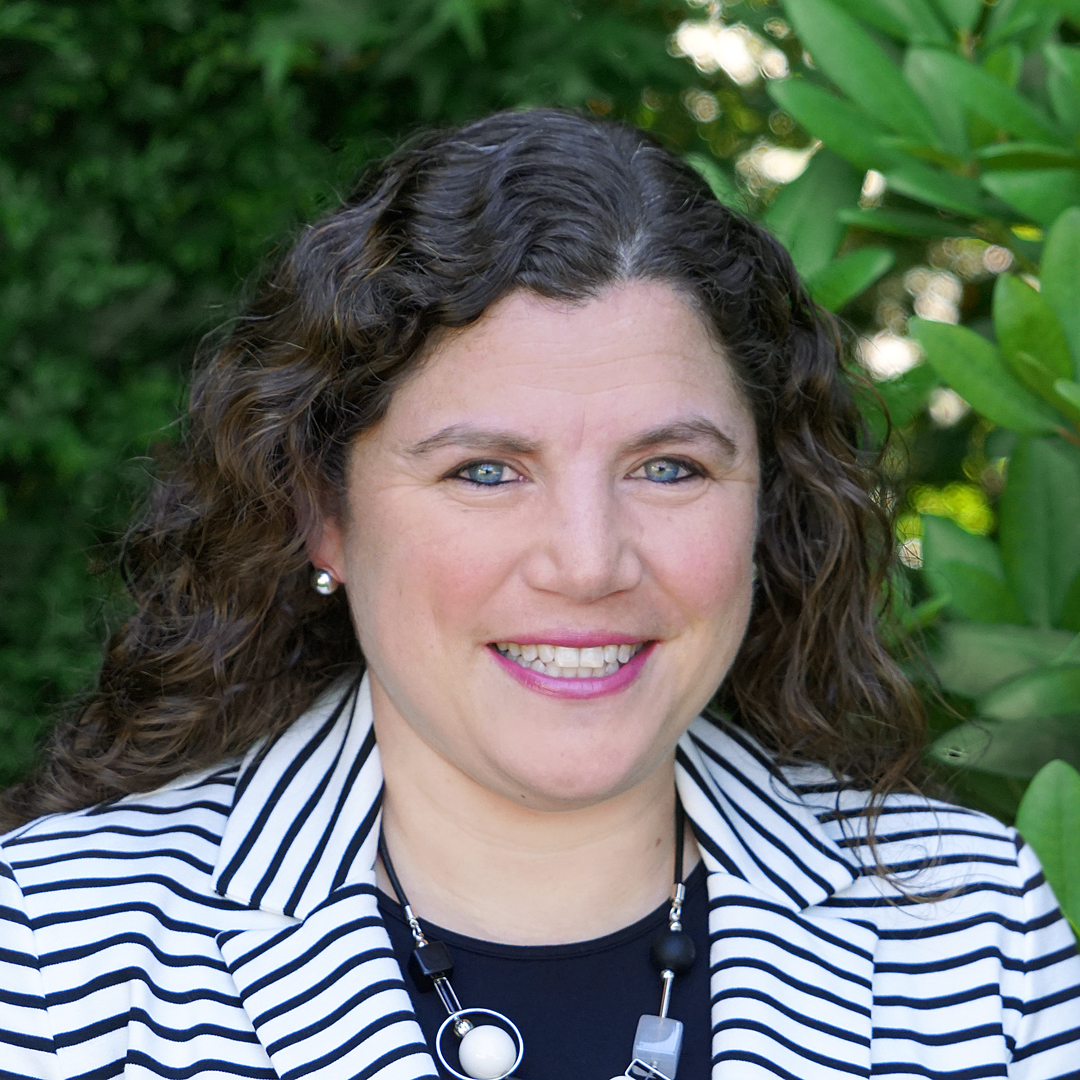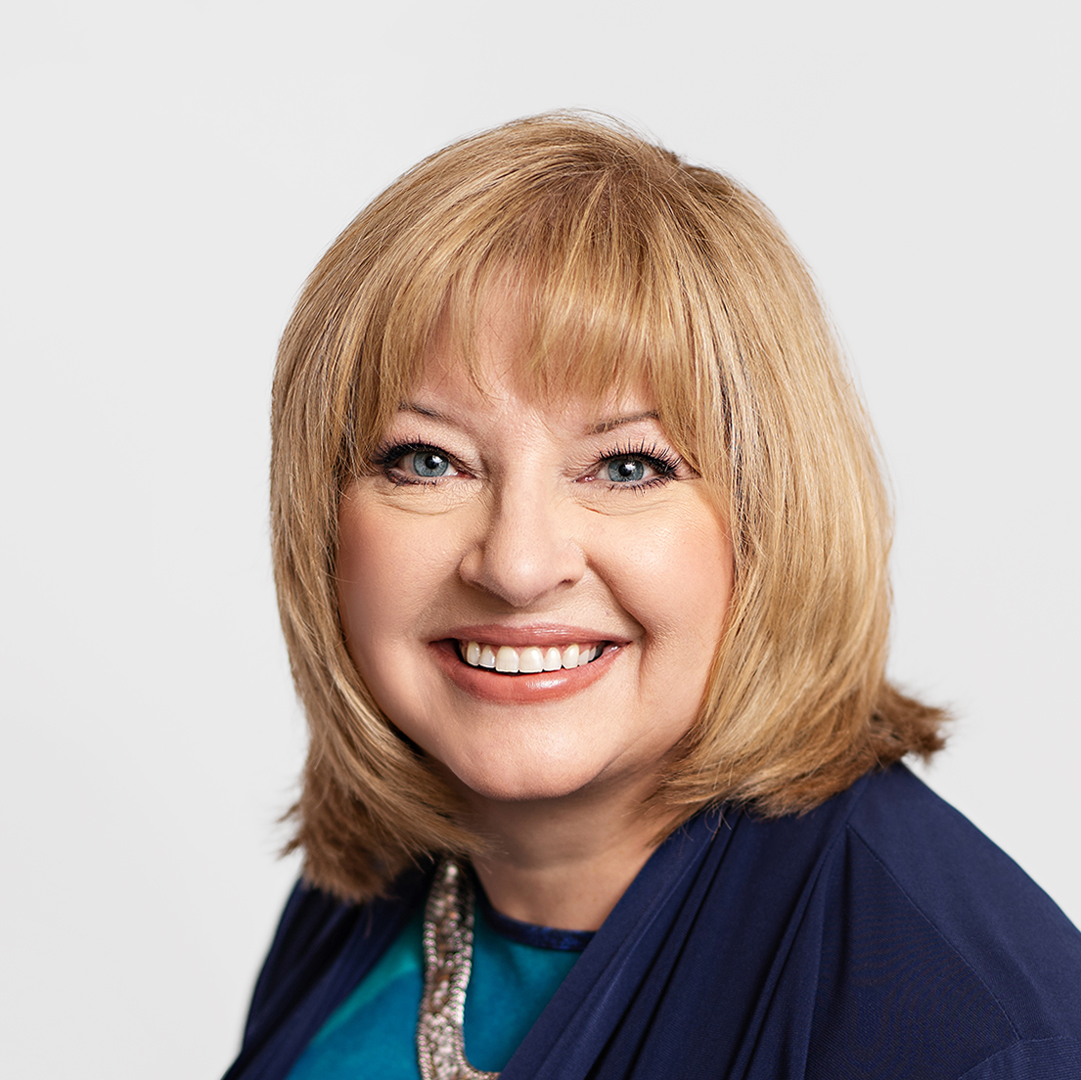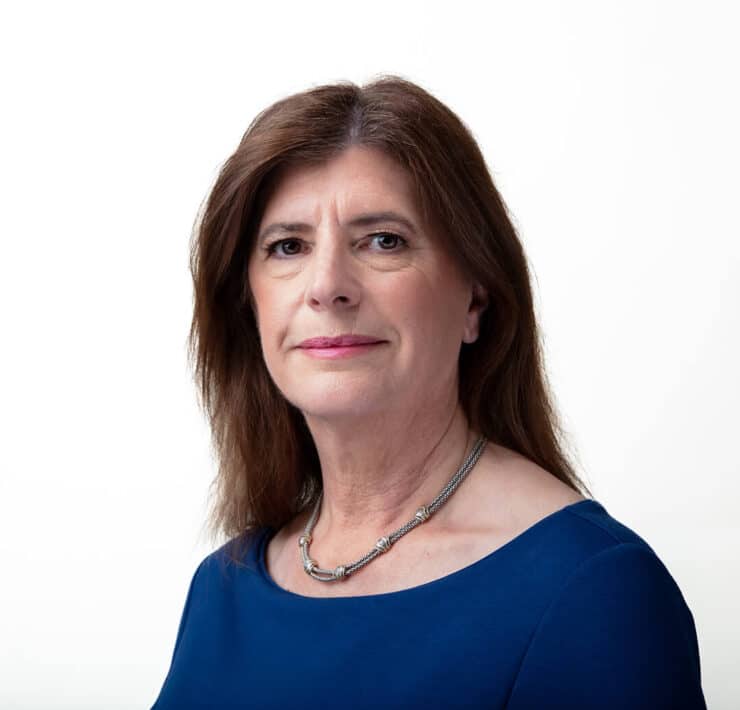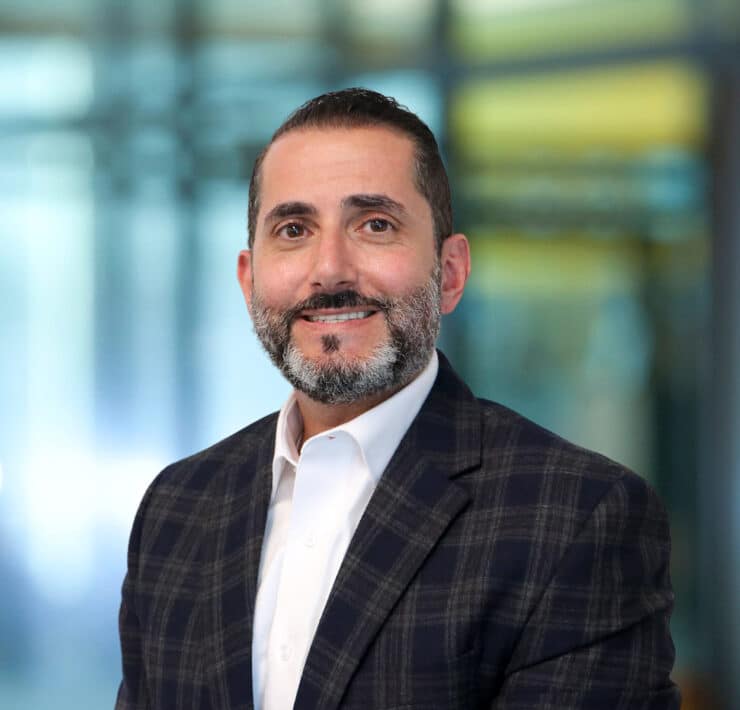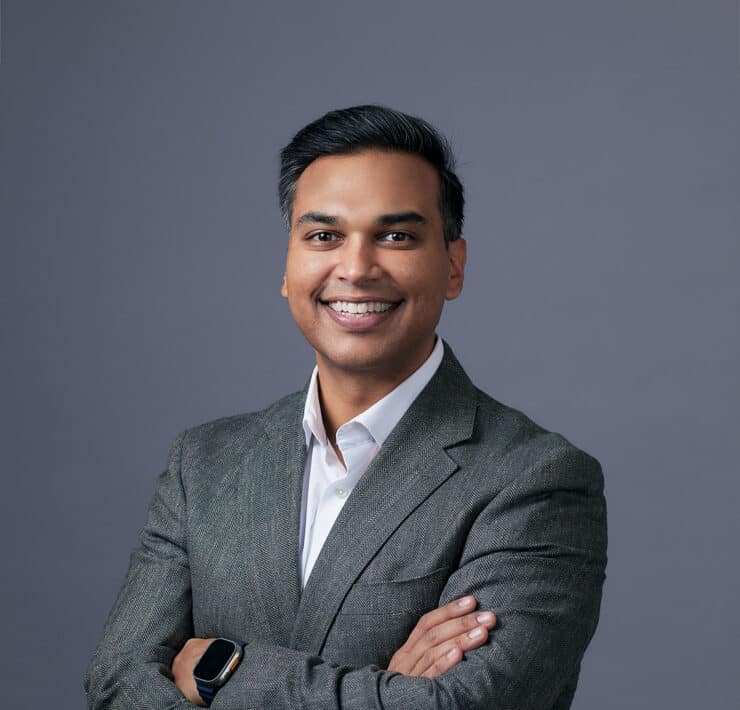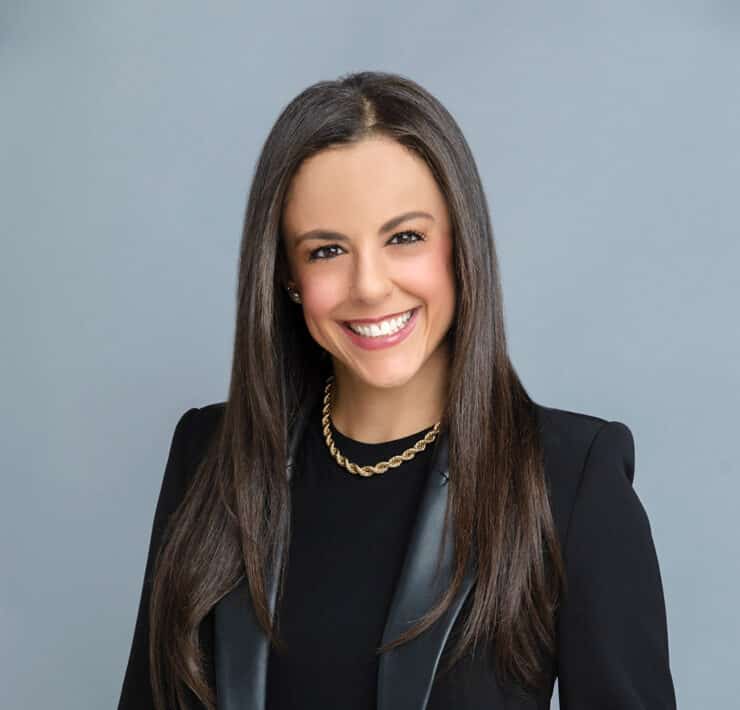|
Getting your Trinity Audio player ready... |
There are public-facing companies. Then there is Twitter.
When the “microblogging” company launched in 2007, it was seen as a new and novel way to update followers with the last movie you saw or your weekend plans. It seems like a lifetime ago and an entirely different world. In the last decade-plus, Twitter has exploded to over 166 million monetizable daily active users, has been credited with aiding the Arab Spring uprising in 2011, and has become the de facto method of communication for the President of the United States. For many companies and influencers, if it hasn’t been posted on Twitter, it doesn’t exist.
Michele C. Lee has watched the company become a household name, having arrived in 2015 as a senior litigation counsel. After several years in the ranks, Lee is now senior director, associate general counsel, and head of global litigation, regulatory, and competition at the San Francisco-based social media company.

Twitter is a constant talking point on cable news, in opinion pieces, and on the platform itself. Despite the many legal challenges the company faces around the world, Lee’s steely demeanor radiates confidence and the thick skin developed over years of battling adversaries in the courtroom and at the negotiating table.
“Michele Lee is an immensely talented and thoughtful lawyer,” says Jon Youngwood, Simpson Thacher & Bartlett partner and global cochair of the firm’s litigation department. “She is committed to excellence in representing her client and sets a high bar for the industry. I’ve learned a great deal from working with her.”
Lee seems unshakable, because her record does all the talking.
On Behalf of the United States
Lee grew up in New Jersey and spent most of her childhood at her dad’s corner deli in Harrison, a blue-collar town neighboring Newark, New Jersey. During summers, when school was out, Lee and her sister would spend the days sweeping floors, snacking on giant Italian sub rolls, and watching episodes of Matlock on a small black and white television. It was during those long summers that Lee hatched a plan to become a lawyer, so that she too could one day take on just causes, just like Matlock on the grainy TV.
The ten-year-old who hatched that plan had no inkling of the career path that was in store. One of Lee’s earliest memories from her legal career was when, as a new attorney, she attended the law firm White & Case’s training program for new associates. One of the sessions was etiquette training, where Lee learned the nuances of identifying what fork to eat with, and where the bread and drink plates were placed. For the daughter of first-generation immigrant parents, who had grown up eating with chopsticks and had never had a meal with more than one fork, it was eye-opening.
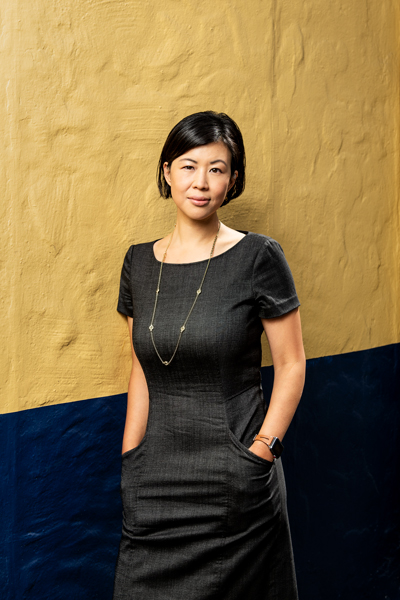
After several years of working at global law firms—all the while managing not to accidentally eat someone else’s bread at formal dinners with partners and clients—Lee went to work for the United States Department of Justice, prosecuting cases against companies that committed civil fraud against the government. The work spanned a number of industries, from government contracts to for-profit education and healthcare.
For Lee, it was an opportunity of a lifetime. “The attorneys in the Justice Department are some of the smartest and most honorable attorneys I’ve ever met,” she says. “A highlight of my career was having the opportunity to stand up in court and state, ‘I’m Michele Lee, and I represent the United States of America.’”
But even as an attorney for the government, Lee sometimes felt like an outsider. When she was at the DOJ, she recalls interviewing a subject in a government contracts fraud case, and the interviewee drew a distinction between his fasteners and “cheap Chinese imports.” He followed his statement by locking eyes with Lee, and saying, “sorry.”
“At that moment, I was there representing the US government, which is about as American as it gets,” she says. “This interviewee reminded me that no matter how American I considered myself to be, many would always view me as a foreigner.”
After working at the Department of Justice, Lee returned to the private sector in in-house company roles. In these roles, Lee faced the same challenges that many women of color in her profession have faced.
“There’s a calculation that happens when you enter a meeting, particularly with opposing parties,” she says. “People scan the room to identify those who are in power and those who are in the junior roles. Time and time again, people would turn to my white male colleagues and assume they were the senior-most attorneys in the room, who were making the decisions.”
But being underestimated was a challenge that wouldn’t stop her.
Staying on Track in the Spotlight
As Twitter has grown, so has its reputation and the complexity of the legal issues it faces. “When I first started, we had maybe a dozen lawsuits in the US,” Lee says. “That has increased significantly as the company has grown.”
The senior director says that leading a team whose company is constantly in the news presents a unique set of challenges. Twitter’s global reach means that lawsuits or outreach from government regulators can arise at any hour of the day. With a small team, Lee needed to carefully develop team processes to ensure that incoming matters were handled efficiently.
Lee believes that her team’s success has stemmed from an understanding of each team members’ individual working styles and how the people on the team complement each other. For her, it has also been critical to understand the lives of the people on her team outside of the office.
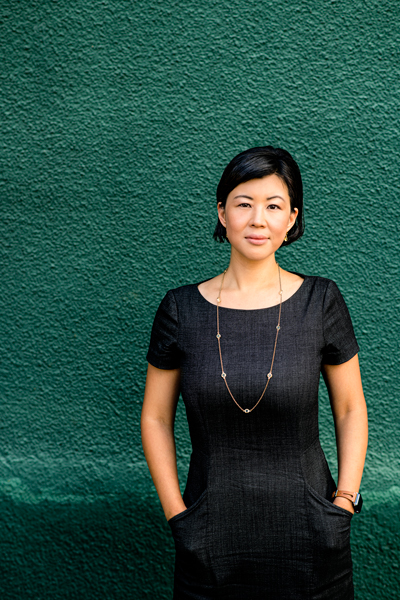
“For a job like this, where people believe in Twitter’s mission to encourage conversation in the world, people bring their whole selves to work,” Lee says. “One of my biggest responsibilities is understanding their motivations and challenging them to grow in their careers.”
In reflecting on her experience at law firms, Lee says she realized that one driver of law firm associate attrition is that there are not many women, especially women of color, at the top ranks of law firm partnership. She has encouraged her team at Twitter to focus on hiring diverse outside counsel as one step in changing this dynamic.
“In-house counsel have the ability to make an impact and increase the number of women and people of color at law firms by providing business to diverse partners and to law firms that prioritize diversity,” she explains.
While there has been progress in the legal profession, it’s far from the “post-racial” society many like to imagine the world has evolved into. For up-and-coming female lawyers of color, Lee has this advice: “There will be days when you want to give up because you have to work twice as hard to get half the recognition, praise, or advancement opportunities. Don’t give up.”
Editor’s Note, 1/11/21: Michele C. Lee is now the associate general counsel for litigation, regulatory, and employment at Pinterest.

